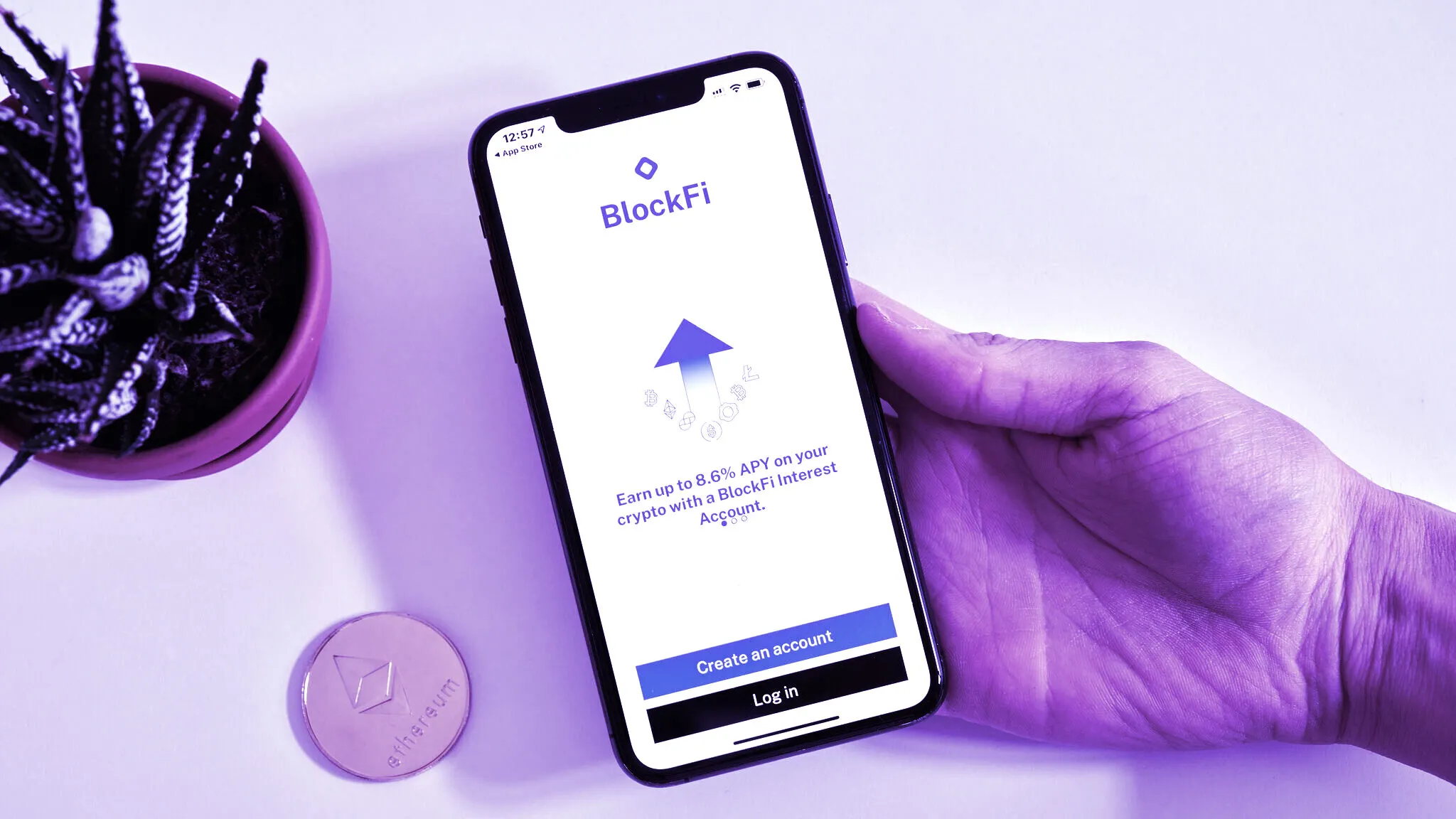BlockFi’s high-yield crypto savings accounts are facing increased pressure from regulators in the U.S., and now the Securities and Exchange Commission is also investigating the firm, according to Bloomberg.
The New Jersey-based crypto company lets users lend and borrow a wide variety of cryptocurrencies, like Bitcoin and Ethereum, as well as stablecoins, such as USD Coin and Tether. What’s more, the rate of return on the dollar-pegged cryptocurrencies far outpaces those of banks.
Currently, users can earn 9.5% on their Tether holdings, for example. Deposits in Bitcoin earn yield at an interest rate of 4.5%.

The SEC is now reviewing whether these interest-earning accounts, called “BlockFi Interest Accounts” or “BIAs,” are securities. If the commission determines that BIAs are indeed securities, then BlockFi would be operating without having first registered these products with the SEC.
Financial regulators in Texas, Alabama, New Jersey, Kentucky, and Vermont have all raised similar concerns around BlockFi’s products over the past several months. Regulators in New Jersey, for example, ordered BlockFi to stop offering its products to residents of the state.
SEC takes aim at crypto lending
This is not the first time the SEC has taken aim at the crypto lending and borrowing sector.
In September, the Commission threatened to sue Coinbase, according to CEO Brian Armstrong, if the company moved forward with its Lend product. Like BlockFi’s BIAs, Lend would enable users to earn 4% interest on their USD Coin holdings. The San Francisco-based company eventually backed down and did not launch the product.
Meanwhile, Celsius, a company that also offers interest on crypto holdings, is likewise facing regulatory scrutiny in many of the same states that are taking aim at BlockFi.
Centralized companies aren’t the SEC’s only objective, however. SEC Chairman Gary Gensler has also turned his attention toward the fast-growing decentralized finance (DeFi) space. Many of the decentralized projects like Aave and Compound also offer yield-bearing instruments not dissimilar to BlockFi and Celsius’ services.
To that effect, Gensler said that “decentralized finance platforms not only implicate securities laws—some platforms also can implicate the commodities laws and the banking laws.”

